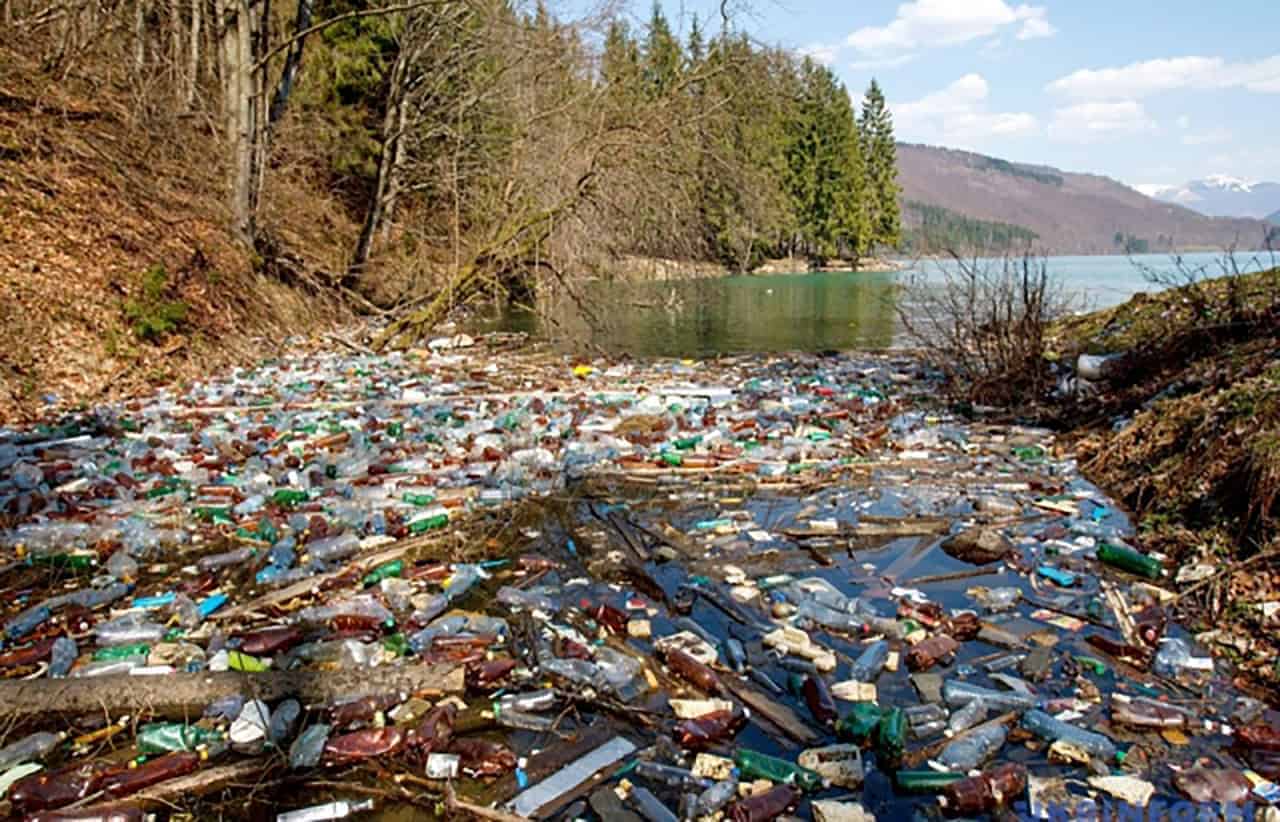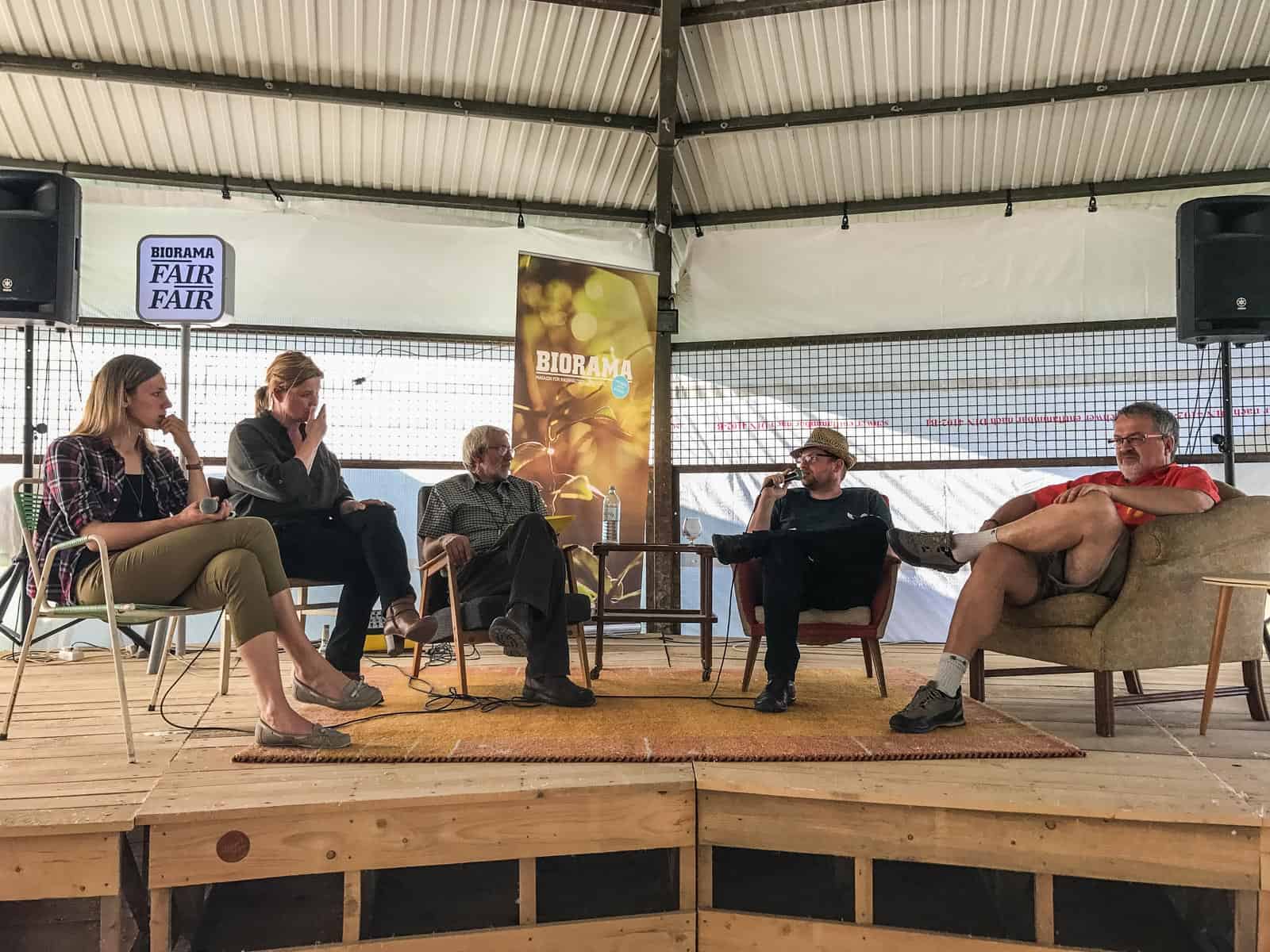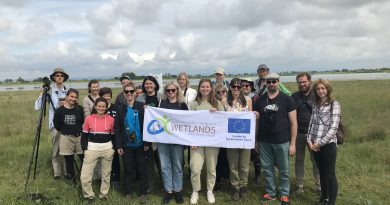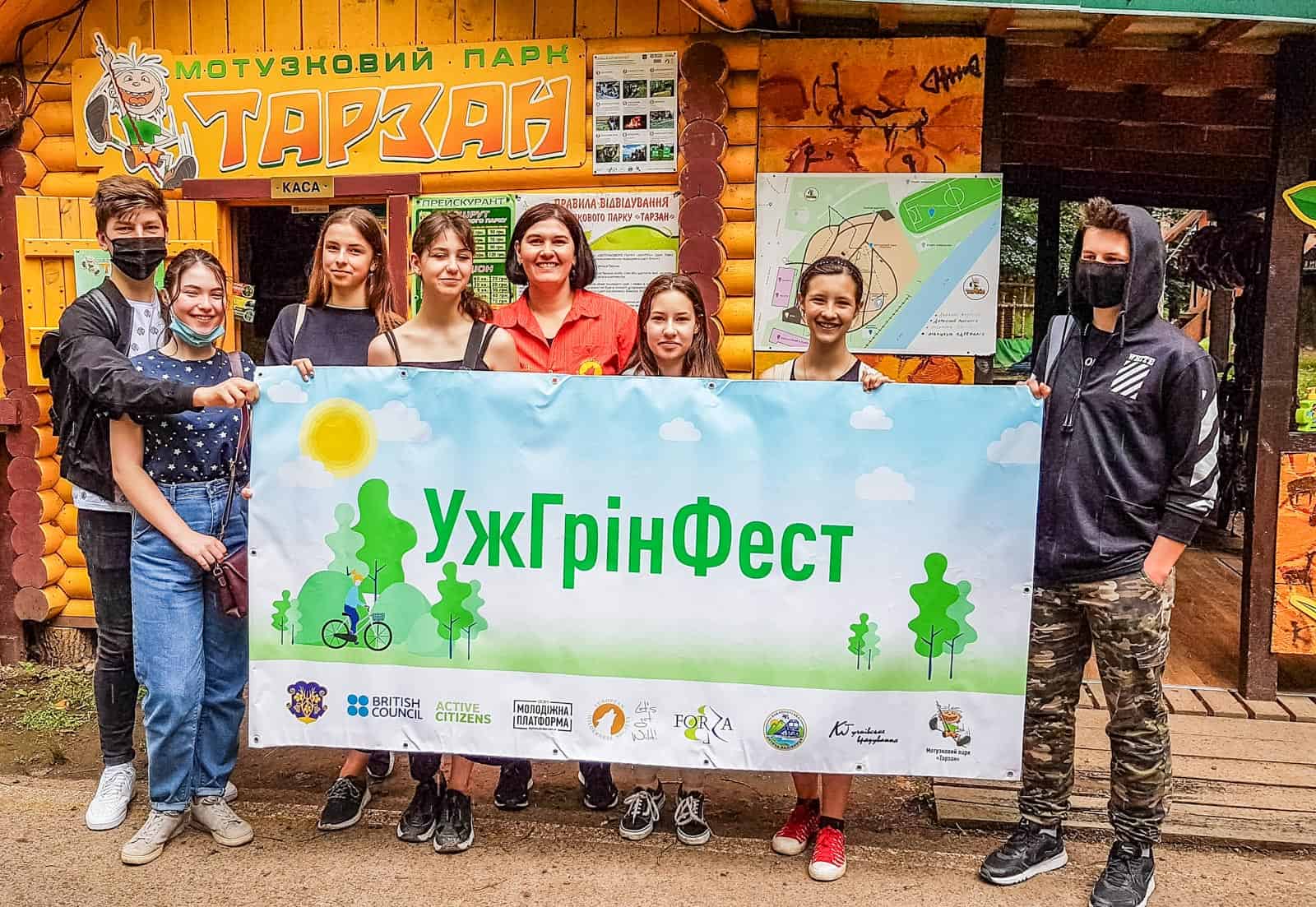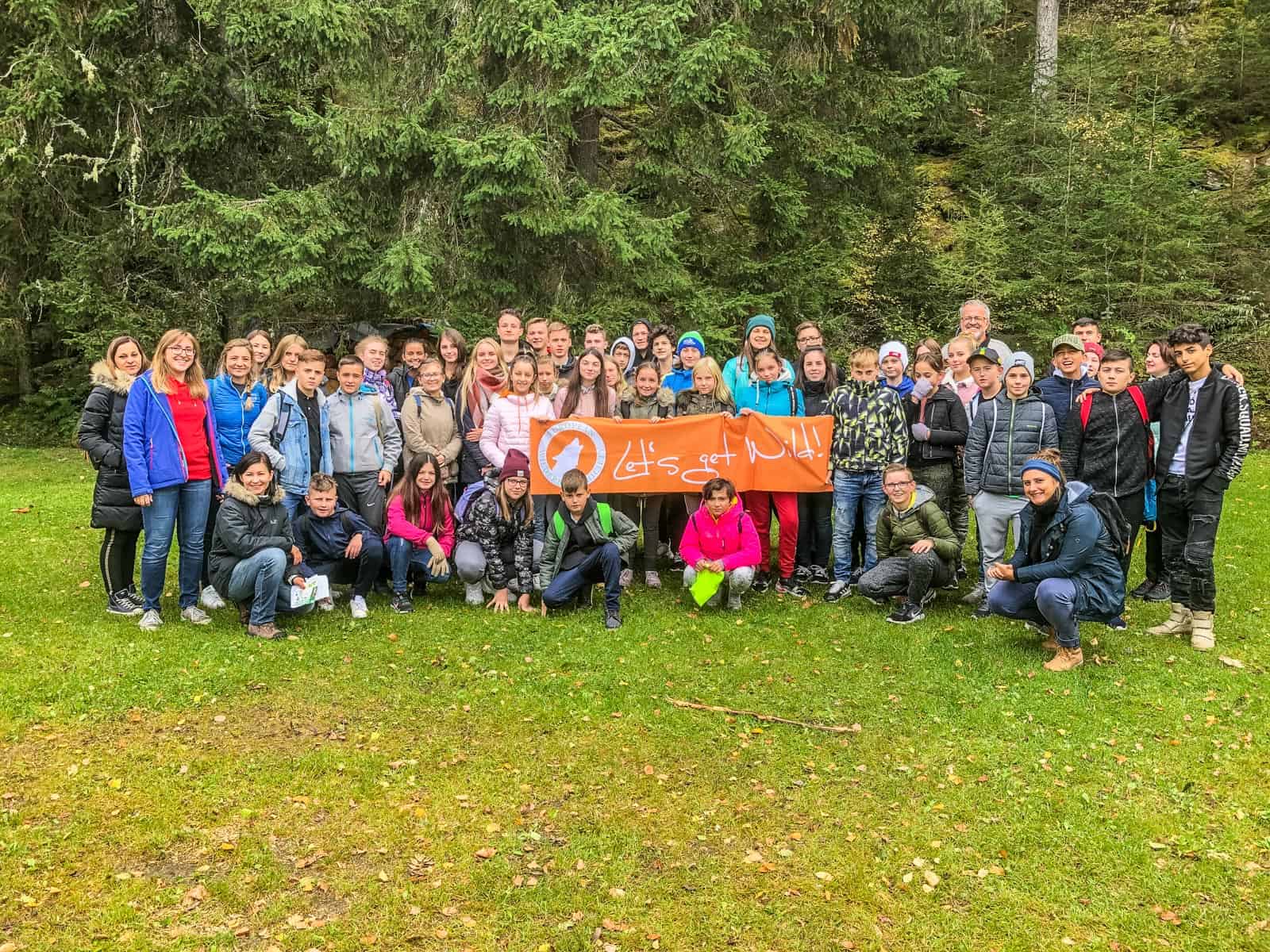The largest plastic polluters on Earth
For the third year in a row, Coca-Cola, PepsiCo and Nestlé have proven to be the world’s number one plastic polluters, reports the Guardian. According to an annual audit by the global environmental movement Break Free From Plastic, the three large companies have made no progress in reducing plastic waste. The list continues with Unilever, a manufacturer of a number of popular consumer goods such as Lipton, Cif or Dove. Next on the list is Mondelez International, which also owns Milka and Oreo.
These are the world´s top polluting corporations
Nearly 15 000 volunteers from the organization contributed the the survey. They inspected a total of 346 494 pieces of plastic waste in 55 countries. 63% of the inspected material still had recognisable branding. Coca-Cola alone is a bigger plastic pollutant than its big rival, PepsiCo and Nestlé combined. Volunteers identified Coca-Cola’s brands in 13 834 pieces of plastic waste, PepsiCo’s brands appeared in 5 155 and Nestlé’s brands in 8 633 pieces of plastic. Coca-Cola has also recently made mistakes when communicating about plastic pollution. At the World Economic Forum in Davos, the company’s own sustainability manager said they would stick to plastic bottles because “customers like them”. In fact, Coca-Cola, PepsiCo, Nestlé and Unilever are responsible for generating annually half a million tonnes of plastic waste in six developing countries. This amount of garbage is enough to cover 83 football fields every day.
According to a 2017 study, up to 91% of the world’s plastic waste is not recycled. Instead, it ends up in landfills, nature or is being incinerated. This year’s garbage survey also revealed that the most common type of waste is the packaging of small, single-person products. These include sauce bottles, coffee or shampoo, followed by cigarette butts and plastic bottles.
Commitments to improve
Responding to the report, Coca-Cola argued against the claim. “Globally, we have a commitment to get every bottle back by 2030, so that none of it ends up as litter or in the oceans, and the plastic can be recycled into new bottles. Bottles with 100% recycled plastic are now available in 18 markets around the world, and this is continually growing.” PepsiCo has also made a public commitment. The company seeks to address challenges in packaging through partnership, innovation and investment. It has committed to “decreasing virgin plastic in our beverage business by 35% by 2025. I.e the use of plastics not recycled but produced directly from petroleum products”.
Nestlé owns dozens of mineral water brands, chocolates, as well as Nescafé, Nespresso and Nesquick. The company has responded that the group has made significant progress in sustainable packaging technology. Nevertheless, Nestlé admits there is still room for improvement. “We are intensifying our actions to make 100% of our packaging recyclable or reusable by 2025 and to reduce our use of virgin plastics by one-third in the same period. So far, 87% of our total packaging and 66% of our plastic packaging is recyclable or reusable” stated the spokesperson.
No time to waste
Undoubtedly, there has been recognisable progress made in the last years. However, the coronavirus pandemic is significantly delaying the fight against single-use plastic. Due to fears of infection, cafes, restaurants and grocery stores have been increasing the usage of disposable packaging. Home delivery and takeaway from restaurants has even increased the amount of plastic waste. The three big companies say they are working hard to curb plastic pollution. Clearly, the only solution would be to stop the production, phase out single-use plastics, and introduce recycled materials. These large companies should be the ones showing the way to others in reducing plastic waste in our landfills and nature.

